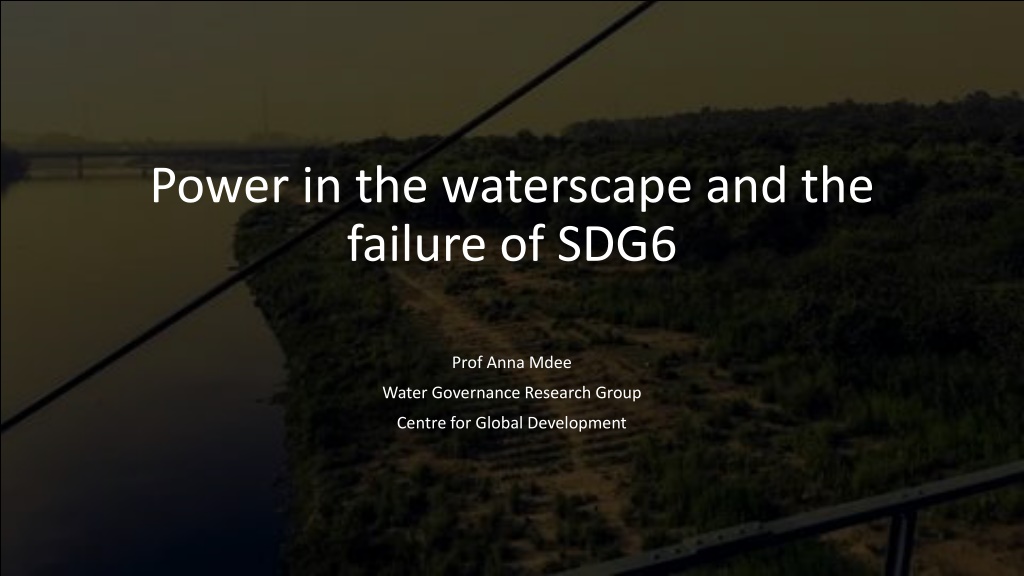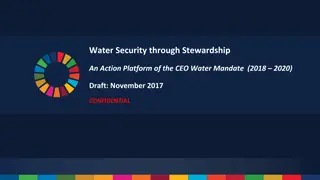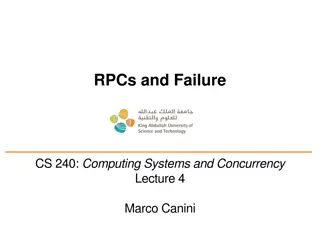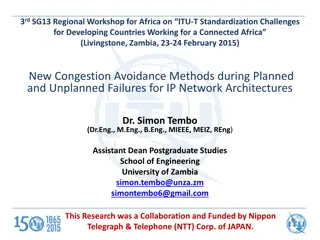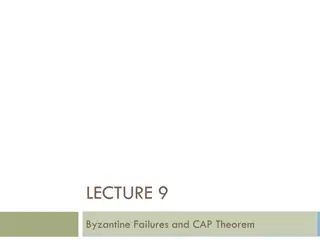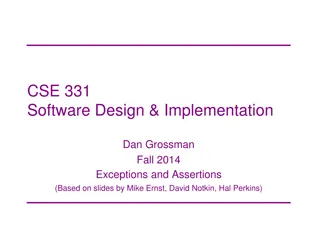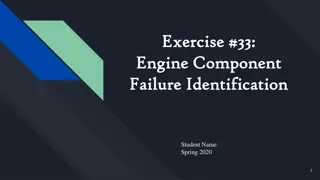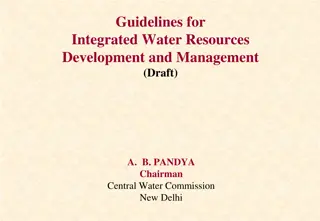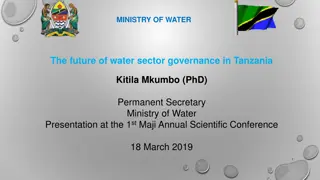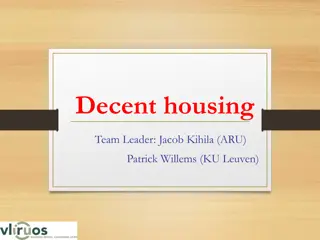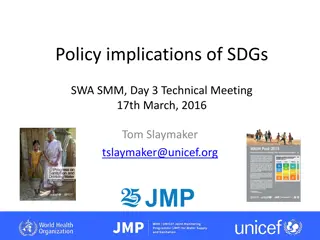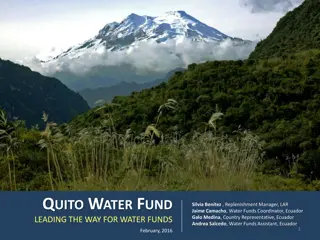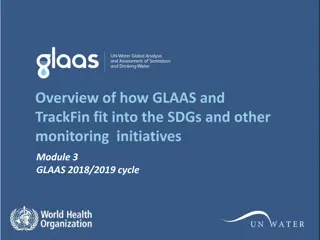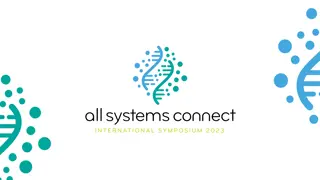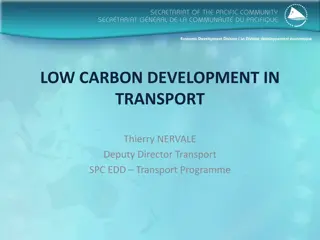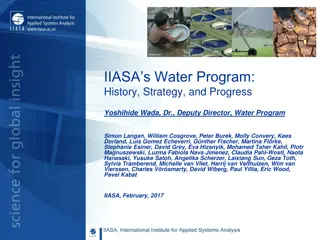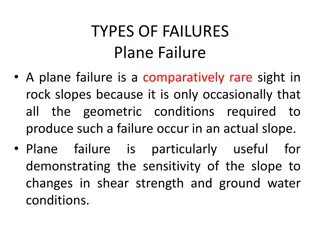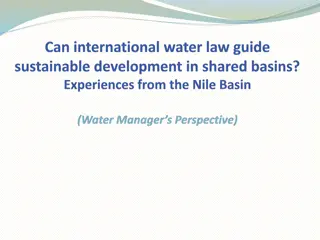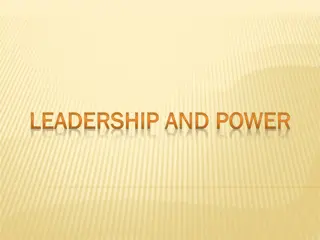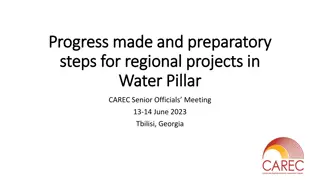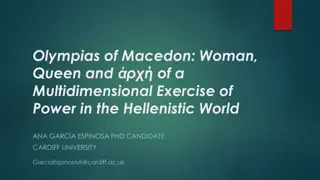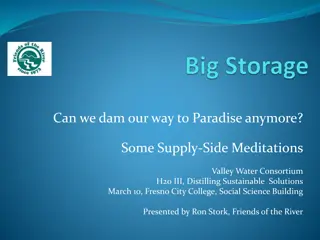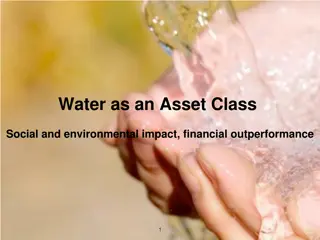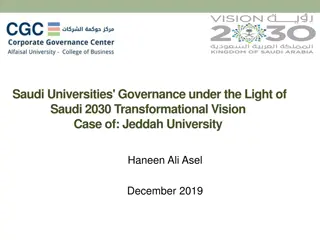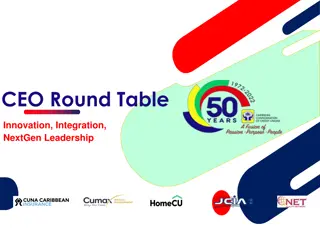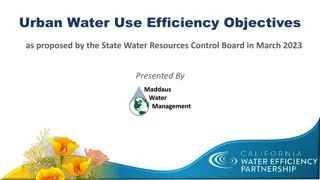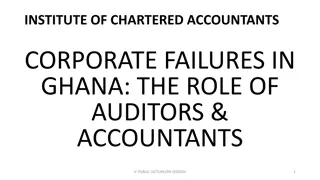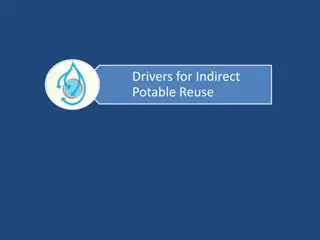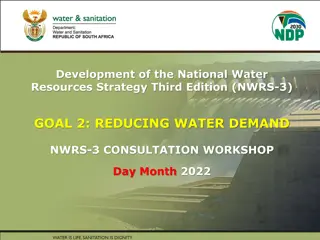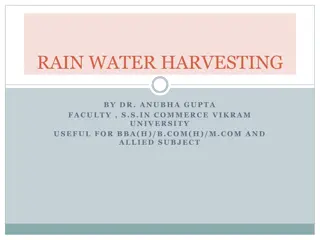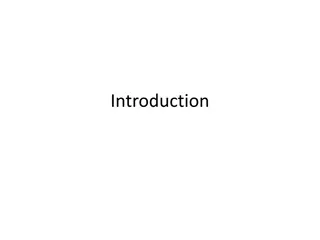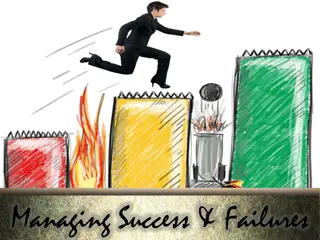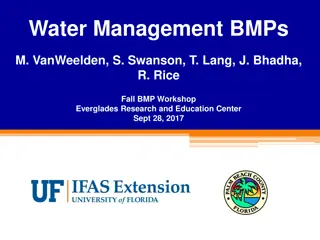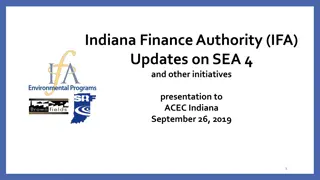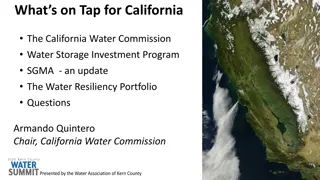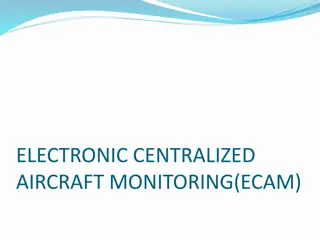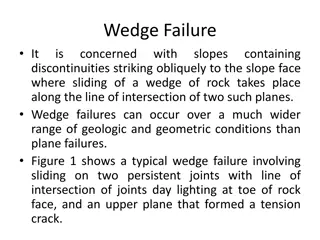Challenges in Achieving Sustainable Water Governance: Power Dynamics and SDG6 Failures
The discussion delves into the complexities of achieving SDG6 on water and sanitation, emphasizing the role of power dynamics in water governance. It highlights the importance of inclusive institutional structures, multi-stakeholder cooperation, and accountability mechanisms for equitable access to sustainable water resources. The integration of water resources management and the influence of various actors like NGOs and corporations in policy-making are also explored.
Download Presentation

Please find below an Image/Link to download the presentation.
The content on the website is provided AS IS for your information and personal use only. It may not be sold, licensed, or shared on other websites without obtaining consent from the author. Download presentation by click this link. If you encounter any issues during the download, it is possible that the publisher has removed the file from their server.
E N D
Presentation Transcript
Power in the waterscape and the failure of SDG6 Prof Anna Mdee Water Governance Research Group Centre for Global Development
SDG 6 Water and Sanitation water for all 6.2 By 2030, achieve access to adequate and equitable sanitation and hygiene for all and end open defecation, paying special attention to the needs of women and girls and those in vulnerable situations 6.3 By 2030, improve water quality by reducing pollution, eliminating dumping and minimizing release of hazardous chemicals and materials, halving the proportion of untreated wastewater and substantially increasing recycling and safe reuse globally 6.4 By 2030, substantially increase water-use efficiency across all sectors and ensure sustainable withdrawals and supply of freshwater to address water scarcity and substantially reduce the number of people suffering from water scarcity 6.5 By 2030, implement integrated water resources management at all levels, including through transboundary cooperation as appropriate 6.6 By 2020, protect and restore water-related ecosystems, including mountains, forests, wetlands, rivers, aquifers and lakes 6.A By 2030, expand international cooperation and capacity-building support to developing countries in water- and sanitation-related activities and programmes, including water harvesting, desalination, water efficiency, wastewater treatment, recycling and reuse technologies 6.1 By 2030, achieve universal and equitable access to safe and affordable drinking
World Water Development Report 2019 Good governance Having inclusive institutional structures in place for multi-stakeholder dialogue and cooperation is essential to ensuring equitable access to sustainable water supply and sanitation services. Government alone cannot always take on the full responsibility for providing water supply and sanitation services to all citizens, especially in low-income settings. When governments role is geared towards policy setting and regulation, the actual provision of services is carried out by non-state actors or independent departments. Well-functioning accountability mechanisms help institutions with sufficient capacity fulfil their mandates to monitor and enforce the obligations of service providers. Creating coherence between the various institutional levels is essential to ensure that policies deliver on their objectives. In the current context of multi-level governance, the role of non-governmental organizations (NGOs) in expressing the opinions of civil society and promoting the public s active participation has become increasingly influential in policy formulation. Large corporations can also have a great deal of influence over policy-making as well as policy outcomes.
Integrated Water Resources Management 1. Enabling environment: Policies, laws and plans to support IWRM implementation. 2. Institutions and participation: The range and roles of political, social, economic and administrative institutions and other stakeholder groups that help to support implementation. 3. Management instruments: The tools and activities that enable decision-makers and users to make rational and informed choices between alternative actions. 4. Financing: Budgeting and financing made available and used for water resources development and management from various sources. Embedded in SDG 6 Perfect example of a nonsense indicator https://sdg6data.org/indicator /6.5.1
Good governance/SDG rhetoric masks politics and power New public management- proper management and institutions to reach pre-defined targets- Rendering technical Tania Murray Li/ anti-politics machine- Ferguson Neoliberal approaches to government and service delivery- reducing the role of the state and freeing markets. State as enabler and regulator. Getting institutions right and multi-stakeholder platforms- masks power, conflict and politics at play in those institutions and between stakeholders. None of this is new- but as analysis of power shows us dominant narratives shape international action (e.g. SDGs) and condition what is possible/accepted.
State capability- water politics in Tanzania- Mdee Inadequate capacity to regulate water use- we just sell water . Insufficient attention is given to competing uses of water having significant impact in river basins- these are ultimately political choices. Upstream mountain farmers vilified as illegal . Current policy frameworks and approaches are inadequate, contradictory and ineffective- they do not respond to water use in practice or institutional capability. Donors are a HUGE part of the problem as are researchers running about making models and selling disconnected solutions Climate change, industrialisation agenda and increasing population make water supply a critical issue- but the state has no strategic mechanism to address the political dilemmas over resource allocations Trends- elite capture and the authoritarian developmental state- Steigler s Gorge Dam
Water governance group Revealing power in the waterscape Researchers from POLIS, SEE and Civil Engineering and affiliated external partners Critical work on the politics of water and sanitation A range of PhD projects Two large GCRF projects Water Security Hub and Scaling- up Off Grid Sanitation Knowledge- exchange Hub- Global Water Partnership Tanzania Our focus: State capability, institutional fragmentation and isomorphic mimicry (the SDG disease), power and decision-making, competing narratives/values of progress/change, political economy of service delivery
'We squandered a decade': world losing fight against poverty, says UN academic Goal to eradicate poverty by 2030 completely off track , says outgoing special rapporteur, with Covid-19 likely to impoverish millions more The Guardian 7th July 2020 International institutions are losing the fight against global poverty despite self congratulatory messages to the contrary, according to the UN s outgoing special rapporteur on extreme poverty and human rights. In his final report in the post, the Australian academic Philip Alston warns that states and global organisations are completely off track to meet the goal of eradicating extreme poverty by 2030, with more people instead likely to become highly impoverished by new shocks, including coronavirus and existing challenges like the climate crisis. He told the Guardian he was sceptical about the role of the private sector in poverty reduction.Blaming squandered opportunities, bad policies and hubris, Alston said: Even before Covid-19, we squandered a decade in the fight against poverty, with misplaced triumphalism blocking the very reforms that could have prevented the worst impacts of the pandemic. Amid a round of international events in the coming weeks to examine the UN s sustainable development goals (SDGs), Alston suggests the framework they provide for poverty eradication appeared more tailored for colourful posters and bland reports .
